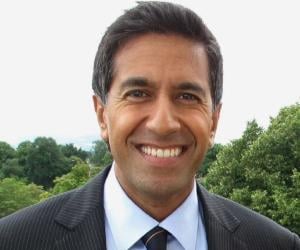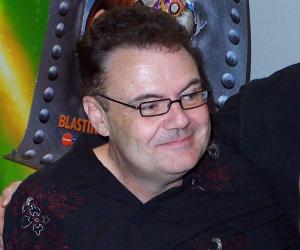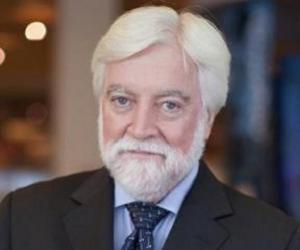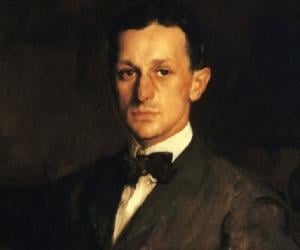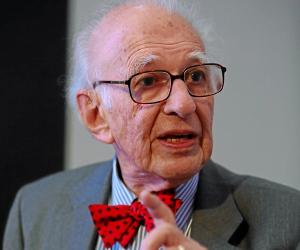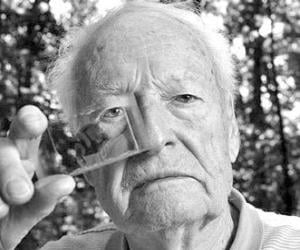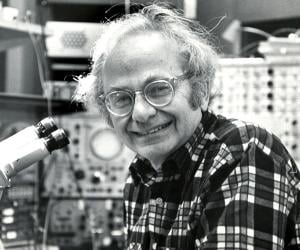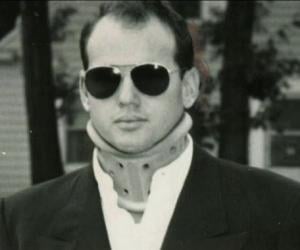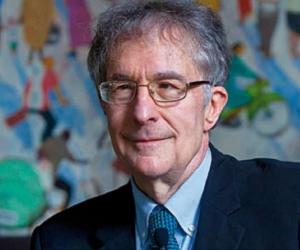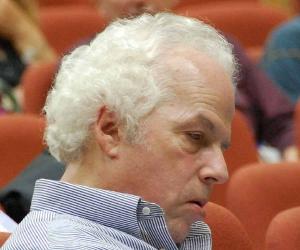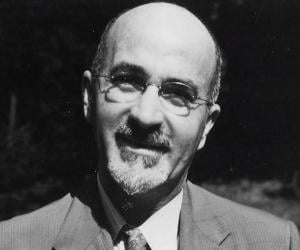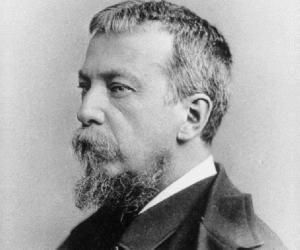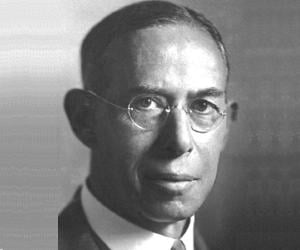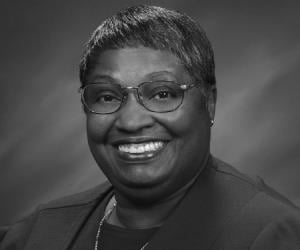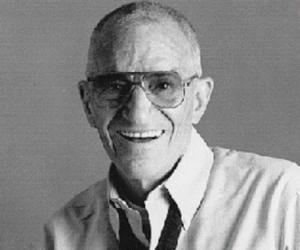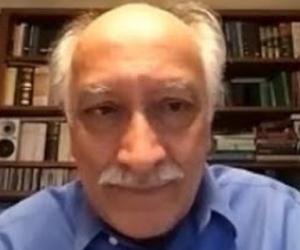1
Sanjay Gupta
(American Neurosurgeon and Medical Reporter)
Birthdate: October 23, 1969
Sun Sign: Libra
Birthplace: Novi, Michigan, United States
Sanjay Gupta is an accomplished American neurosurgeon, medical reporter, and writer. He holds key positions at Grady Memorial Hospital and Emory University School of Medicine in Atlanta, Georgia. Gupta is a renowned member of prestigious medical academies and serves as CNN's chief medical correspondent. He is highly regarded for his TV appearances discussing health-related topics, especially during the 2020 coronavirus pandemic. Gupta has received multiple Emmy Awards for his work and has authored several books, including "Chasing Life" and "Keep Sharp." He co-hosts the health conference Life Itself and contributes to various CNN programs and CBS News.
